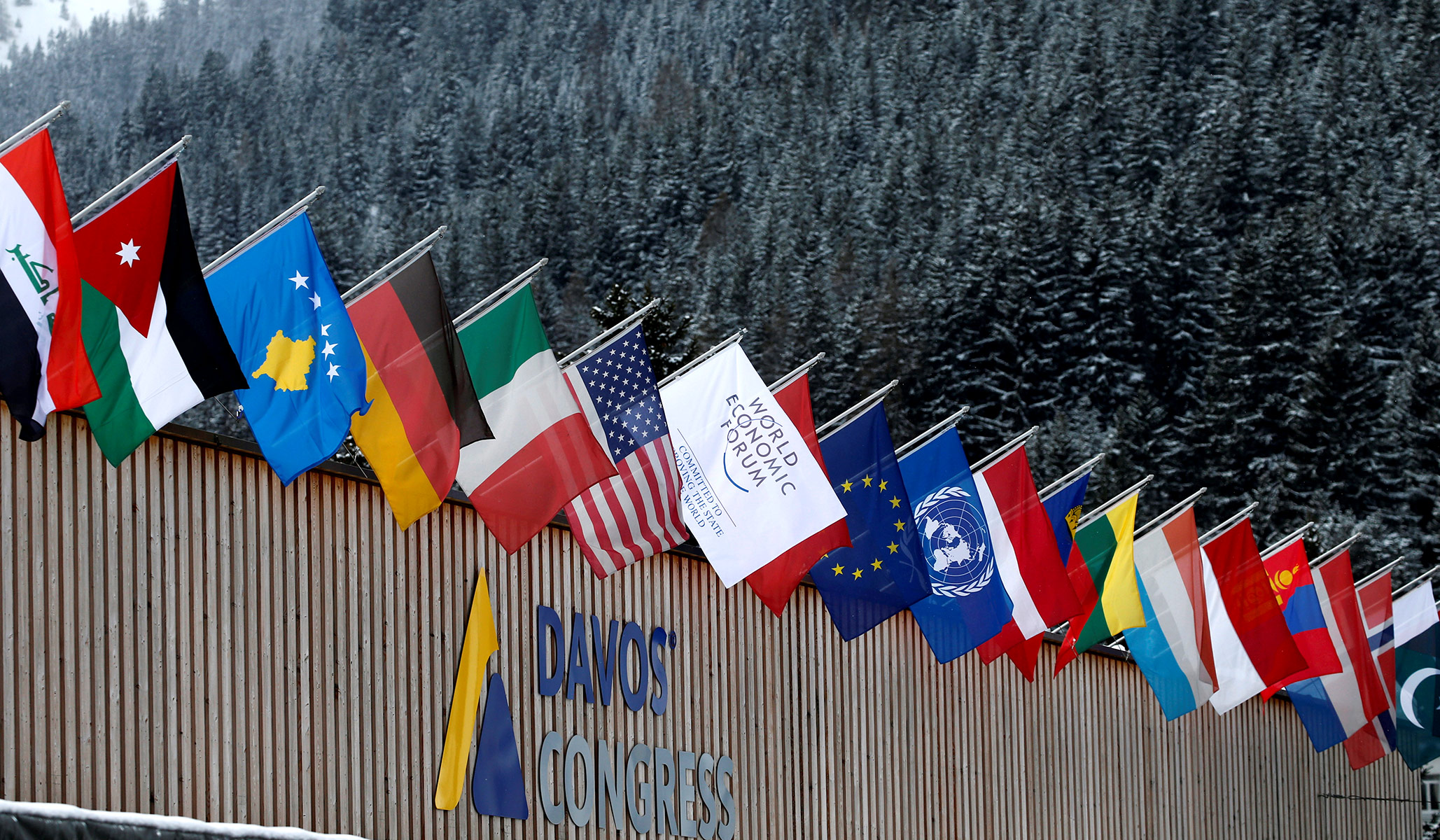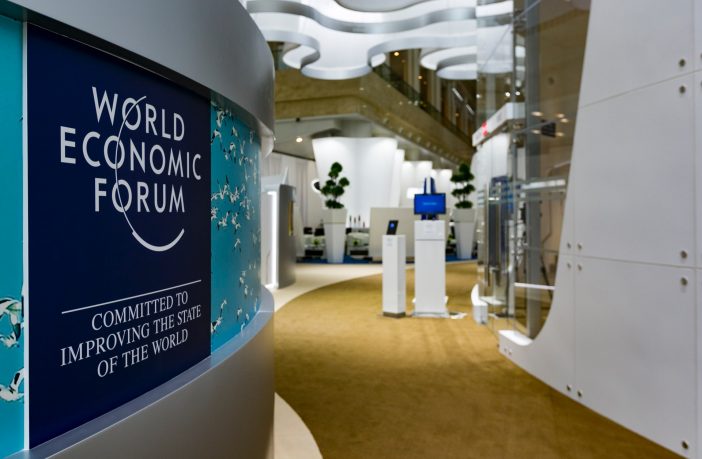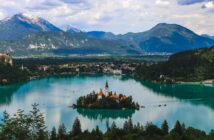The World Economic Forum – a litmus test of the state of the world
The World Economic Forum this year is a reflection of the world even more fully than before, and it is not a positive reflection at all. Representatives of countries are upset and wary. They did not talk about a decline in economic growth, but no one was particularly optimistic about a rapid positive trend. There is one notable change this year: the U.S. has drifted away from the rest of the world.
Unhappy prospects at the World Economic Forum
In 2019, the U.S. did not send an official delegation to Davos because of Donald Trump’s conflict with Congress, which led journalists to speak with one voice about the estrangement of the United States from all other countries.
For its part, Europe is now in disarray, shattered and forced to deal with a huge number of problems. Of Europe’s three major leaders, only Angela Merkel was in Davos. Theresa May, head of the British government, was absent because of the economic transition associated with Brexit. Emmanuel Macron was busy with the prolonged protests in France. The situation was strongly felt in Davos – the empty chairs of world leaders put moral pressure on the public, reminding them of what the democratic paths of major European countries lead to.
Nevertheless, this does not mean that anyone will replace May or Macron. Despite behind-the-scenes talk, China has taken an even more modest role than before. It sent Wang Qishan, China’s vice chairman and prominent figure, to the international forum. The politician was supposed to deliver a peace-loving message: Beijing tries to make decisions based on a win-win formula and is committed to long-term cooperation with other states. Surely this is true – China has enough internal problems, including a slowing economy and growing citizen discontent. India is also troubled, which is why Prime Minister Narendra Modi ignored Davos this year.

Far from being a dictatorship at the international forum, only some of the politicians committed to this style of governance were present. Despite all the difficulties of the economic situation of European countries, Vladimir Putin and Recep Erdogan do not have as much power as one might think. Both presidents, as well as the prince of Saudi Arabia, chose not to attend the event. The Brazilian ruler elected in 2018, Jair Bolsonaro, visited Davos and gave a six-minute speech, the reaction to which was mixed.
Participants in the international forum continue to hope for new developments. Representatives of major consortia Cargill and Novartis gave speeches on how they propose to use artificial intelligence to optimize the economy. They are convinced that AI is the future, so companies need to adapt more quickly to changing conditions so as not to be left at the back of the competition. Experts believe that another type of clerk is at risk from automation, and this time it’s analysts. However, corporate CEOs believe that the problems of increasing unemployment due to the onslaught of neural networks, can be solved.




